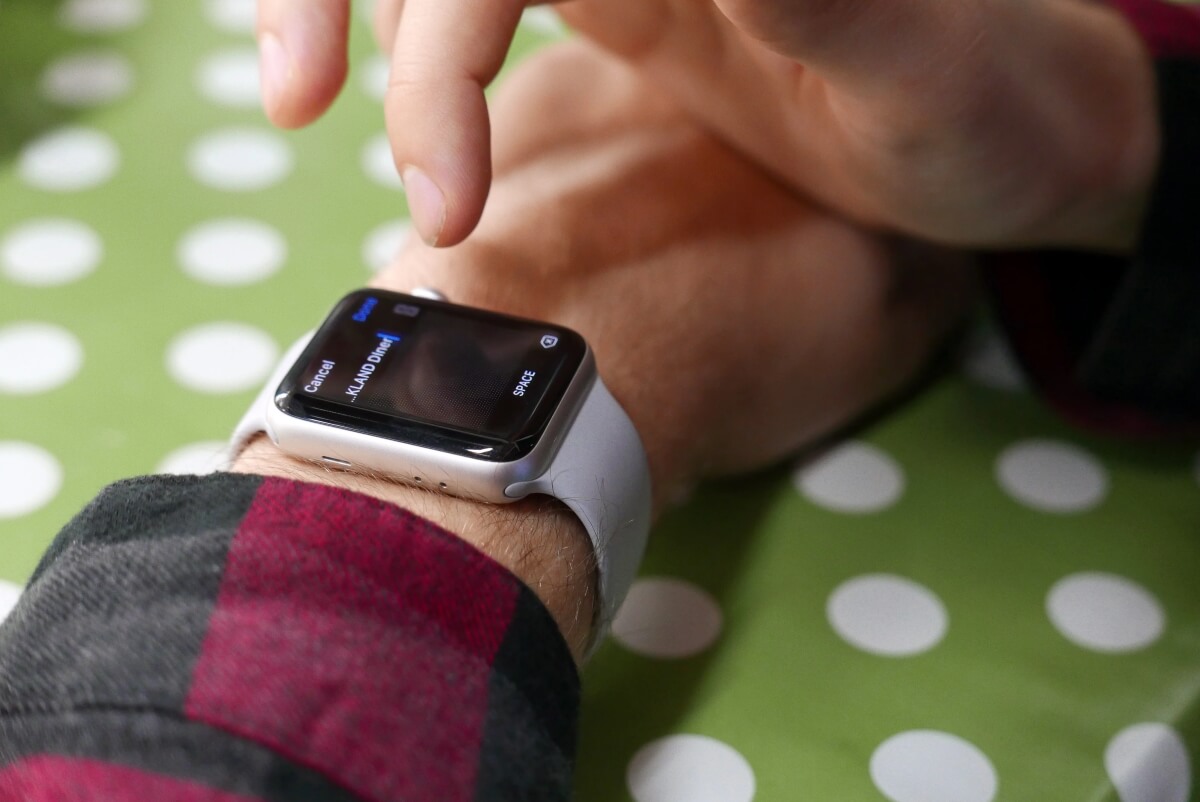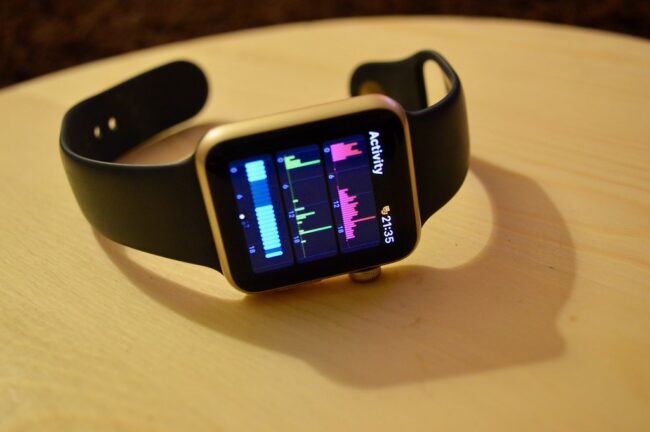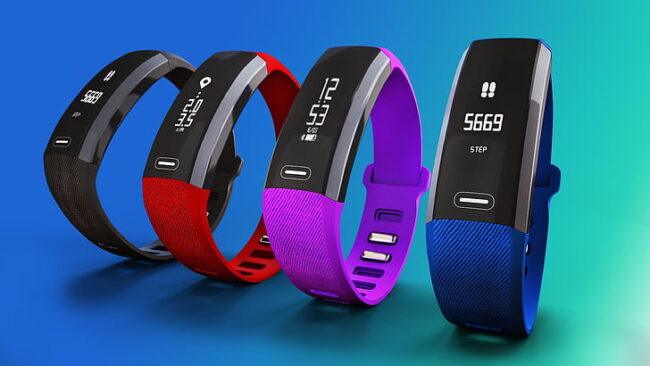
Fitness Tracker -The Ultimate Guide to Choosing for Your Health and Well-being
Introduction
In today’s health-conscious era wearable technology plays a crucial role in monitoring and improving our overall well-being. Among these devices, fitness trackers have emerged as invaluable tools, offering valuable insights into our activity levels, sleep patterns, heart health, and more. With a wide range of options available, selecting the right fitness tracker can feel overwhelming. That’s why we present “The Ultimate Guide to Choosing a Fitness Tracker” – a comprehensive resource designed to help you confidently navigate the world of fitness wearables.
Table of Contents
Understanding Fitness Trackers and Their Benefits

Fitness trackers are wearable devices equipped with sensors such as accelerometers, gyroscopes, and heart rate monitors. These devices, which come in the form of wristbands, watches, or clip-on gadgets, track and monitor physical activity, exercise, sleep patterns, heart rate, and more. They are especially popular among individuals aiming to enhance their overall health and fitness levels. By providing valuable insights into daily habits, motivating users to stay active, and facilitating goal-setting and achievement, fitness trackers have become inseparable companions on the path to wellness.
The Benefits of Owning a Fitness Tracker
It have transformed the way we approach daily routines by enhancing our self-awareness. These track steps taken, distance traveled, and calories burned, incentivizing us to more and make healthier choices throughout the day. Setting goals for steps, active minutes or calories burned provides motivation to stay active and progressively our fitness levels. Moreover, fitness trackers allow us to monitor and visualize our progress over time, serving as a tangible reminder of our fitness journeys and helping us stay motivated. By monitoring heart rate during exercise, fitness trackers enable us to optimize our workouts and achieve our desired fitness goals with precision.
Additionally, many trackers offer sleep tracking features, providing insights into the duration and quality of our sleep. Armed with this information, we can identify patterns and make necessary adjustments to improve our sleep habits, which greatly influence our overall health and well-being. Sharing our fitness tracker data with peers, family, or virtual communities fosters accountability and support, making the journey towards our fitness goals even more enjoyable through friendly competition and challenges. With features that encourage physical activity, enhance sleep quality, and promote healthier lifestyle choices, fitness trackers significantly contribute to our overall health improvement.
Factors to Consider When Choosing a Fitness Tracker

When selecting a fitness tracker, it’s crucial to consider various factors that align with your specific needs, preferences, and budget. Here are some key considerations:
- Features: Determine which features are essential for your fitness goals, such as step tracking, heart rate monitoring, sleep tracking, or GPS functionality.
- Design and Comfort: Opt for a tracker that is both comfortable and suits your style preferences. Consider factors like size, weight, strap material, and whether you prefer a watch-style design or a clip-on device.
- Compatibility: Ensure that the tracker you choose is compatible with your smartphone or computer operating system, and check for a dedicated app to sync and analyze your data.
- Battery Life: Evaluate the battery life of the tracker to meet your needs, as some require daily charging while others can last for several days or even weeks.
- Water Resistance: If you intend to wear your smart tracker during activities like swimming or showering, select a device with water-resistant or waterproof features.
- Accuracy: Consider the accuracy of the fitness tracker’s sensors, particularly for metrics like heart rate monitoring and GPS tracking, by reading reviews and user feedback.
- Brand Reputation and Support: Choose reputable brands known for reliability and excellent customer support, ensuring a positive user experience.
- Price: Set a budget for your fitness watch purchase and compare prices across different brands and models, remembering that budget-friendly options can still meet your needs.
- Additional Features: Decide if extra features like smartphone notifications, music control, guided workouts, or stress tracking are important to you.
- Return Policy and Warranty: Check the return policy and warranty terms to have the necessary options in case the tracker doesn’t meet your expectations or encounters issues.
By carefully considering these factors and conducting thorough research, you can confidently choose a fitness tracker that aligns with your goals, preferences, and lifestyle.
Conclusion
Selecting the right fitness tracker is a highly personalized journey that relies on individual preferences, fitness goals, and lifestyle. This ultimate guide to choosing a fitness tracker encompasses essential factors such as features, design, compatibility, battery life, brand reputation, and additional functionalities. By thoroughly evaluating these elements and conducting extensive research, you will find a fitness watch that empowers you to track your progress, remain motivated, and achieve your fitness aspirations. Ultimately, a fitness-tracker becomes more than just a wearable device – it evolves into a reliable companion on your path to a healthier and more active lifestyle. So, embrace the world of fitness wearables and embark on your wellness journey with confidence.
